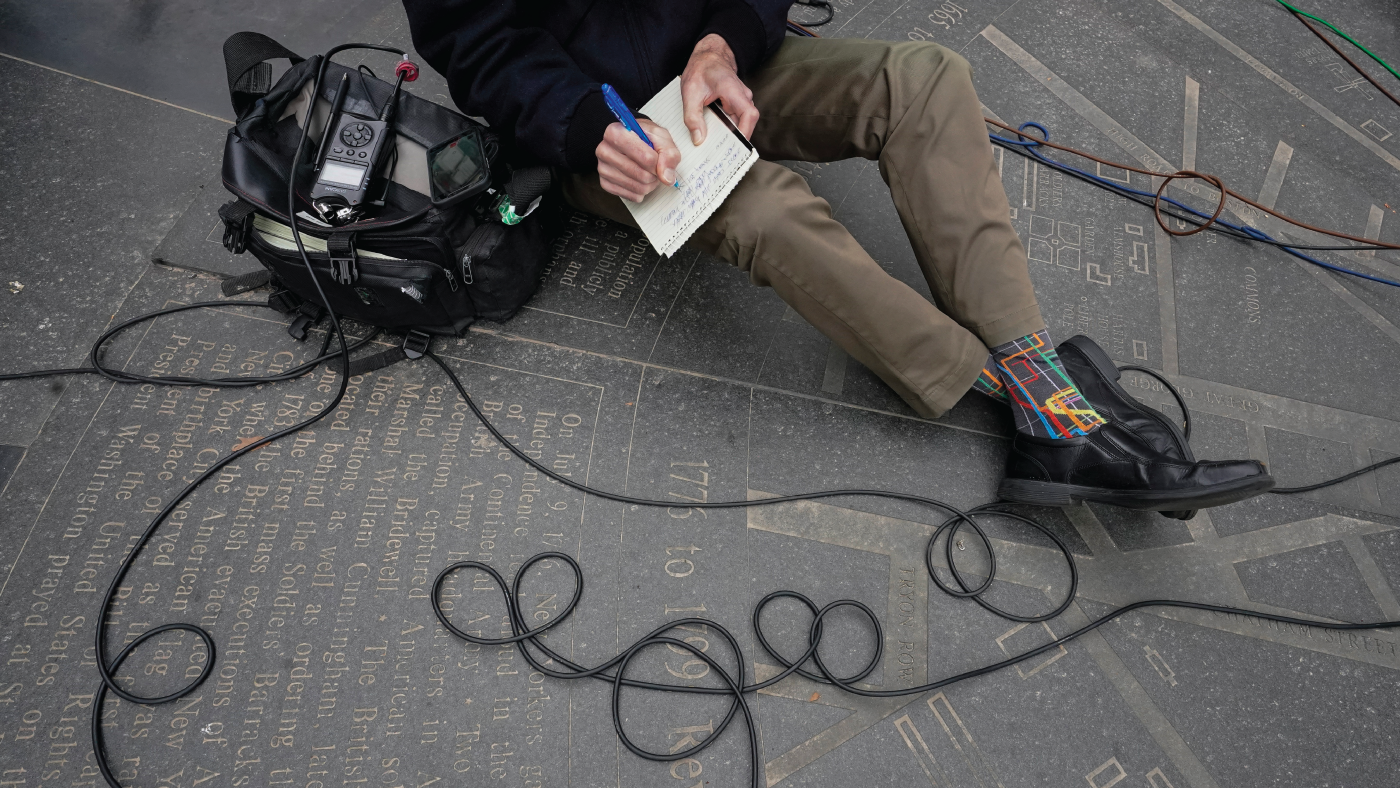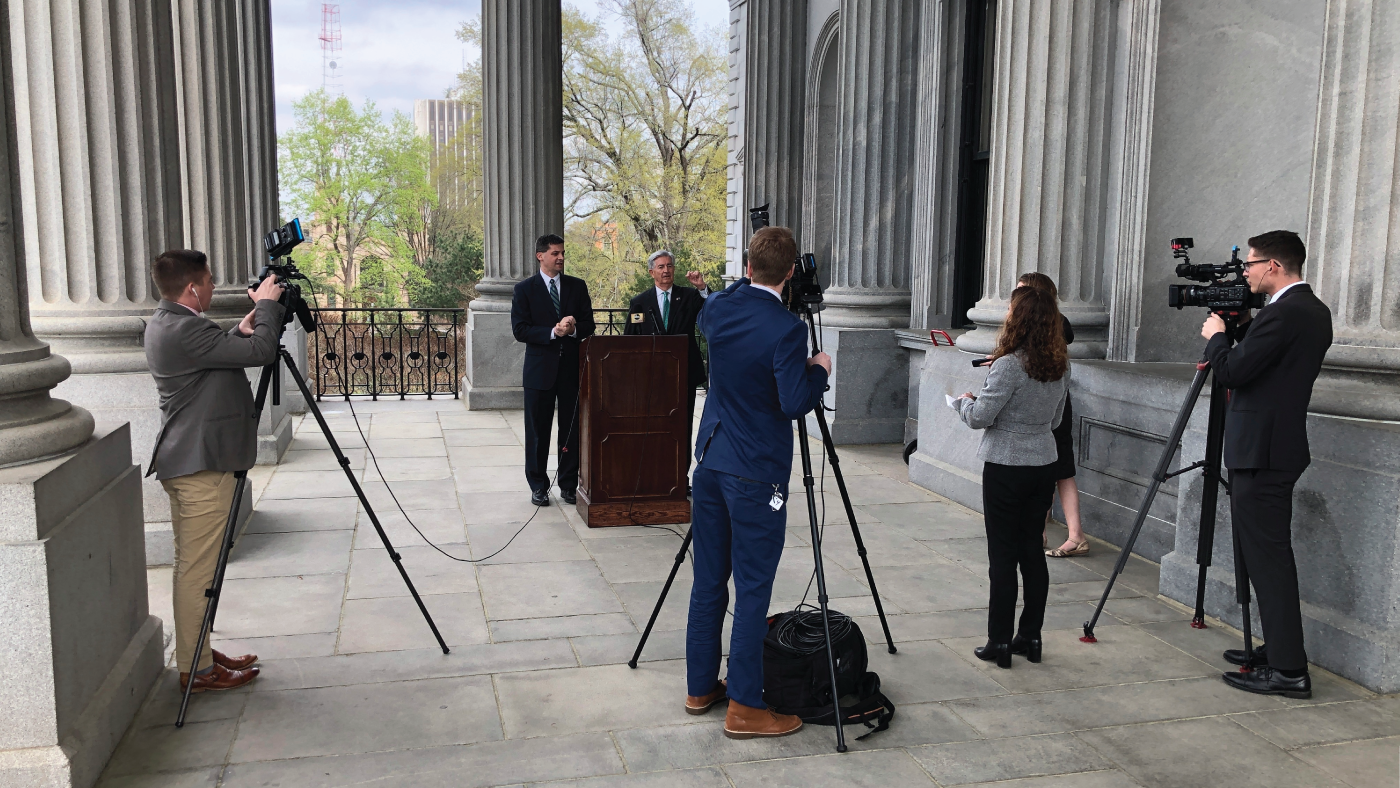How the Public Perceives Community Information Systems
People who believe their local government does a good job sharing information are more likely than others to feel satisfied with civic life.
People who believe their local government does a good job sharing information are more likely than others to feel satisfied with civic life.
First it was Egypt, then Bahrain and last week, Libya as the media focused on yet another country in the rolling and roiling season of Mideast revolution. Back at home, the faceoff between pro-union forces and Wisconsin’s Republican governor fueled coverage of the week’s second-biggest story.
Overview The public expresses far more interest in news from global hot spots, including Iraq, Afghanistan and North Korea, than in news from many less troubled countries. And while most Americans express interest in what happens in Canada and Great Britain, far fewer are interested in developments from other traditional U.S. allies – notably France. […]
Two very different issues led the conversation on the blogosphere last week: the record U.S. deficit and the post-Mubarak transformation in Egypt. On Twitter, the No. 1 topic was self-referential— a list of influential English people who use Twitter.
Events and controversies related to Islam dominated U.S. press coverage of religion in 2010, bumping the Catholic Church from the top spot, according to a new study by the Pew Research Center’s Project for Excellence in Journalism and the Pew Forum on Religion & Public Life.
Summary of Findings The public’s interest in developments in Egypt remained high last week as the media focused increasingly on domestic debates over how to deal with the fiscal troubles facing many states and how to bring down the federal deficit. About a third of the public (32%) says they followed news about the situation […]
The unveiling of the president’s fiscal blueprint as well as a fight over budget priorities in Wisconsin helped push coverage of economic issues to the top of the news agenda last week for the first time in two months. And the media turned their attention away from Egypt to neighboring nations.
In social media, YouTube viewers remained fixated on the dramatic events that deposed the 30-year leader of Egypt. But on both blogs and Twitter, the attention turned elsewhere—to a domestic issue that many saw as a civil liberties litmus test.
Summary of Findings The sudden conclusion to Hosni Mubarak’s 30-year reign in Egypt dominated both news coverage and the public’s news interest last week. Fully 48% say they followed news about Egyptian protests and Mubarak’s resignation more closely than any other story, far surpassing the week’s other stories. The news media devoted 39% of coverage […]
The story from Egypt seemed to ebb and then peak last week, leading to a rush of coverage once the demonstrations turned into a successful revolution. No other story came close to generating that level of coverage last week. Now comes the hard part—understanding what will happen after Hosni Mubarak.
A survey of U.S.-based journalists finds 77% would choose their career all over again, though 57% are highly concerned about future restrictions on press freedom.
Digital news has become an important part of Americans’ news media diets, with social media playing a crucial role in news consumption.
In recent years, several new options have emerged in the social media universe, many of which explicitly present themselves as alternatives to more established social media platforms.
The total number of journalists assigned to state capitol buildings is up 11% since 2014, though figures vary widely by state.




